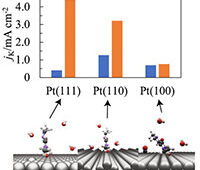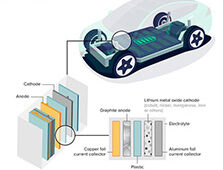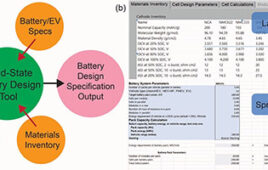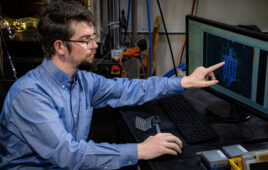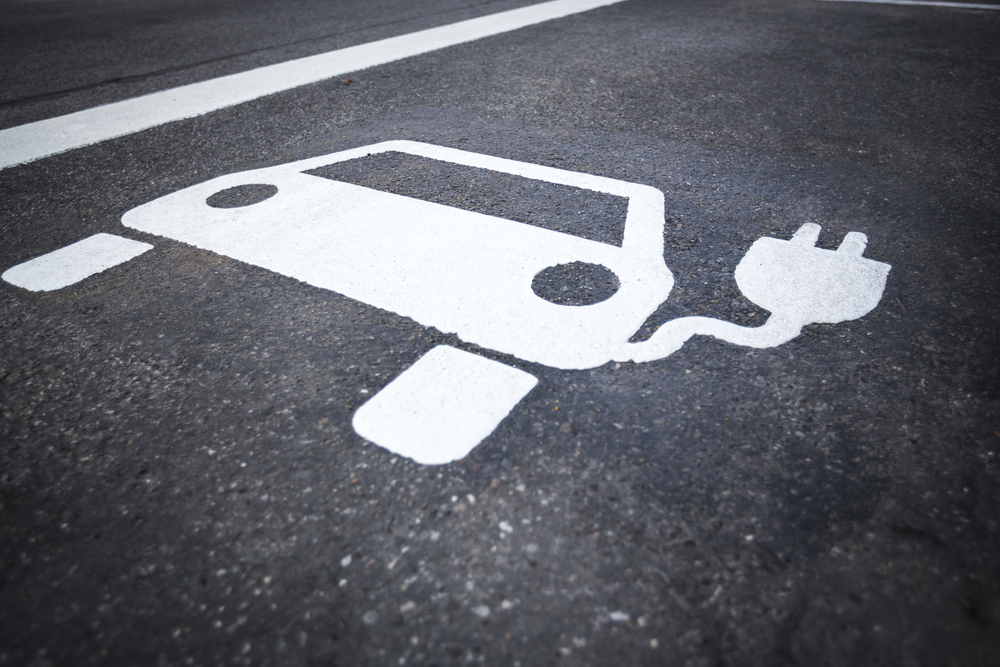
Road trips in an electric car may soon be possible, thanks to a new longer-lasting battery that is enhanced with fluorine.
Researchers from the University of Maryland (UMD), the U.S. Army Research Laboratory and the U.S. Department of Energy’s Argonne National Laboratory, have developed a battery for electric cars using enhanced electrodes that are stabilized with a highly-fluorinated electrolyte.
“We have created a fluorine-based electrolyte to enable a lithium-metal anode, which is known to be notoriously unstable, and demonstrated a battery that lasts up to a thousand cycles with high capacity,” co-first authors Xiulin Fan and Long Chen, postdoctoral researchers at UMD’s A. James Clark School of Engineering, said in a statement.
The key to making the material work is the high population of fluorine-containing species in the interphases.
“You can find evidences from literature that either support or disapprove fluorine as good ingredient in interphases,” Kang Xu, laboratory fellow and team leader of the research at ARL, said in a statement. “What we learned in this work is that, in most cases it is not just what chemical ingredients you have in the interphase, but how they are arranged and distributed.”
The current selection of lithium-ion batteries are coming near their natural limit of how much charge can be packed into any given space.
Electric car batteries usually contain aggressive materials like the lithium-metal anode and nickel and high-voltage cathode materials. While these materials hold a lot of energy, they tend to eat up any other elements they are partnered with to render them unusable.
The new batteries can charge and discharge several times without losing the ability to provide a reliable and high quality stream of energy.
After about a 1,000 charge cycles, the new fluorine enhanced electrolytes ensured 93 percent of battery capacity, significantly higher than the current crop of lithium-ion batteries.
“The aim of the research was to overcome the capacity limitation that lithium-ion batteries experience,” Chunsheng Wang, professor in the Clark School’s Department of Chemical and Biochemical Engineering, said in a statement. “We identified that fluorine is the key ingredient that ensures these aggressive chemistries behave reversibly to yield long battery life. An additional merit of fluorine is that it makes the usually combustible electrolytes completely unable to catch on fire.”
In the study, the team captured video of several battery cells catching on fire in instants. However, the fluorine battery was impervious.
The study was published in Nature Nanotechnology.

